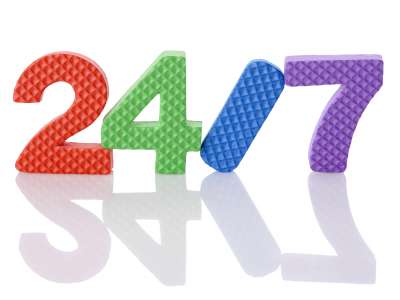
Having started a secondment in Continuing Health Care in February 2015, my supervisor was keen for me to attend the PMG conference and immerse myself in all things posture and mobility to increase my knowledge and to network. Prior to this, my knowledge of posture management was learning in practice alongside experienced colleagues, and I had also just completed my first week of the postgraduate certificate in ‘Posture Management for Complex Disabilities’ at Oxford. I was excited to find out where current research in the field was heading.
I had never been to the conference before and was immensely grateful for the bursary to be able to attend. As my new role involves assessing posture and creating 24/7 posture management plans, including wheelchairs and bed positioning systems, many of the presentations were directly relevant to my daily work. The conference started well with a truly inspirational talk given by Dave Calver; by the time he had finished I was ready to sign up to an overseas project! But one presentation in particular struck a chord and I have been able to implement changes to my practice and service as a result of it.
Summary of the presentation
Hounslow wheelchair service presented their project, which had won a Dragons’ Den style competition for funds to pilot expanding their wheelchair service into a posture management service, specifically through the implementation of sleep systems. They chose Symmetrisleep and, with funding for four patients, worked in a multidisciplinary team to implement the sleep system with them. In order to gather the data they needed to provide feedback to their Clinical Commissioning Group (CCG), and build data for a business case, a series of different outcome measures were used: the GAS verbal light, the Chailey Sleep Questionnaire & Sleep Diary, and the Paediatric Pain Profile. Their outcomes were positive, including improved sleep quality and quality of life; positioning was maintained, and carer burden much reduced.
My reflections
The presentation really hit home how much work they had put into robust data gathering, and how important this was to build a business case going forward for improved service provision. At the time of the conference I had just started assessing two of my patients for bed positioning systems with the hope that, starting with a small number and specific client group, I could gather some data to eventually present a business case to expand the service. I had not, however, thought about a variety of outcome measures to gather this information. My patients are adults, and a large majority are unable to communicate their needs well, therefore I am reliant on family and care staff for information around sleeping patterns and problems relating to positioning in bed. My experience of gathering information from the nursing homes about interventions I have implemented in the past has been very variable so, with this in mind, any forms requiring completion need to be simple, and staff will need to be supported in completing them. As there is more of an evidence base for using this intervention with children, and some of the outcome measures were paediatric based, these will need to be adapted to gather the relevant information. The Chailey Sleep Questionnaire has some useful elements, and I am currently in the process of developing a tool to gather similar information for adults.
Having completed training in the use of the neutral zero method to record joint ranges, and the Oxford Centre for Enablement posture assessment forms, I had been implementing
these with my patients prior to putting in a sleep system. Due to the nature of my client group however, not all of them can tolerate the full posture assessment and this may have an impact on gathering data. I have also needed to think about a process to support the care homes and families with the sleep systems, and ensure there is sufficient time in my diary, because this was highlighted in the presentation as crucial to make sure the intervention was successful.
There’s plenty of work still to do to create my own little pilot study, but I am determined to spread the message of posture management 24/7.
Katie Moss
Specialist Occupational Therapist
Continuing Health Care






.jpg)



no comments
Add your comment...